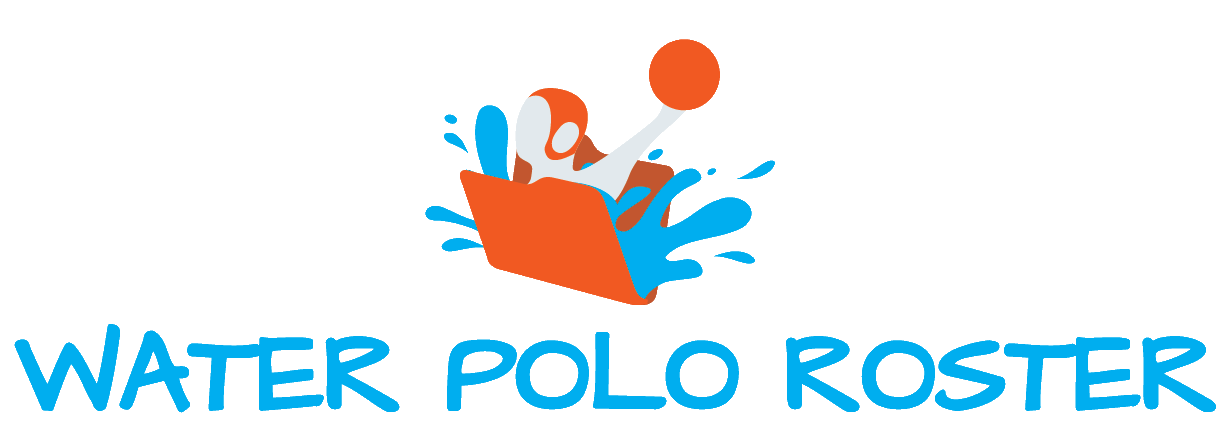Žarko Petrović: A New Beginning of Water Polo in Bulgaria
Bulgaria is a country surrounded by water polo superpowers, but not much is known about water polo in this country, even in the neighborhood.
Water polo has a tradition in Bulgaria. The senior national team participated in the Olympic Games and the European and World Championships. She has not been a medal contender, but has several notable performances at major competitions. The biggest successes were three eighth places, two at the European Championship and one at the World Championship. But that is a long time ago. Since 1997 and the last participation of the men's senior national team at the European Championship, the Bulgarians were not close to qualifying for the continental championship. This year, the senior women made their EP debut, but took the last place.
However, something is moving forward. Water polo reform has begun in Bulgaria, and the Bulgarians have looked for help to improve men's water polo in the neighborhood. The Water Polo Association hired Serbian coach Žarko Petrović, who signed a two-year contract with the Water Polo Association of Bulgaria in September, and his mission is to achieve short-term and long-term goals.
Petrović was appointed as the coach of the under-16 national team, which will take part in the Second World Championship for this age from June 18 to 24 in Malta. It will be the first participation of any Bulgarian national team in a world competition after a couple of decades. However, the tournament in Malta is only one of the goals that the Serbian coach has in Bulgaria.
Žarko Petrović, former water polo player of Partizan, Niš, clubs in Montenegro, Spain, Italy, ended his playing career in Turkish Galatasaray. In the Istanbul club, he started coaching, as a coach of younger categories and assistant to the head of the coaching staff, Predrag Mihajlović. Later, he independently led the first team of Galatasaray, with which he won the championship of Turkey, and he also coached Istsihas and Manisa in that country.
He worked in Crvena zvezda, in Malta, in the professional staff of the Serbian national team as a goalkeeper coach. He was a goalkeeper coach and assistant to Dejan Savić and Uroš Stevanović in the senior team's professional staffs at many major competitions, including the Olympic Games in Tokyo. 2021, at the World and European Championships this year, and this summer he is dedicating himself to young Bulgarian water polo players.
The beginning of reforms and the initiation of changes
Starting the story about the current state of water polo in the country of our eastern neighbors, Petrović presents data that show that the conditions for development exist, but that there are still many obstacles:
"There are a large number of water polo clubs in Bulgaria, five in Varna, four in Sofia, three in Burgas... In recent years, a couple of new, modern swimming pools have been opened, and the establishment of new clubs has been announced. There are enough young water polo players who can form the base of senior teams. Pool dates are paid to clubs by their cities. However, the professional work is at a very low level, and there is not enough desire for advancement in the clubs. Until recently, there was not even a serious competition system.
Such a situation lasted for a very long time. In the mid-nineties of the last century, water polo in Bulgaria fell into complete decline. The new leadership of the Association, headed by former water polo player Darius Danovski, decided to try to start water polo from a standstill after 30 years of stagnation. He called me to join the work with the junior national team."
One of the first important changes was the new competition system.
"League competitions have been introduced for all age categories. For example, in the league for water polo players up to the age of 16, which I lead as a selector, 12 clubs play, six in the better group and six in the second group. Before the introduction of the new system, water polo players played only one tournament a year with their clubs. Now they have games every other week. Water polo players of younger categories now have perhaps more official club matches than their peers in Serbia."
Petrović started with the selection of players last year, the first camps for the national team made up of players born in 2006 and younger were held in the fall. 40 water polo players gathered at the first camp.
"Through several camps, the selection was reduced to about twenty players who are now competing for the squad at the World Cup in Malta."

From last autumn until today, Petrović worked with candidates for the national team at several camps in Bulgaria, and he also led them at the tournament in Bečej.
"During the first few camps, we mostly worked on introducing discipline, which the boys did not acquire in the clubs. Once we established that, everything went more smoothly. I see that they are motivated, that they are eager to learn something new. It's a good flywheel, I see that there is room to hope for success. It took time for them to understand that what they were doing in the clubs was not a system that brought results and progress. And when they realized that and accepted a different way of working, everything took on a different dimension. On the other hand, the progress of the national team players also affects their club mates. Because, when the progress of the players who work with the national team becomes obvious, their club mates will have the motivation to reach them."
Return to the world stage and baptism of fire in Malta
Petrović says that the Association is currently focused on two upcoming competitions - the World Championship in Malta for the under-16 national team and the European Championship for under-19 players in Burgas, where they want to show themselves not only with a good result but also as good hosts. The championship in Malta will be a "baptism of fire" for the generation of Bulgarian players born in 2008 and younger, but also the return of Bulgarian water polo to the world stage
When it comes to the under-16 team, which I will lead in Malta, Bulgaria is in a group with Spain, the Czech Republic and Zimbabwe. It is clear that we cannot expect much in the duel with Spain, but we believe that we can overcome Zimbabwe, so the duel with the Czech Republic will be crucial for second place and a place in the round of 16. If we were among the top 16, it would be a great success for Bulgaria, which has not participated in a world water polo competition for decades. We are not rushing, we are going step by step.
Creating a base for the future senior national team
After the upcoming summer, the plan is to strive for higher goals. The Bulgarian men's senior national team has been occasionally participating in the European Championship qualifiers for the last ten years, but it has not been a long time since they won an official competition.
"Bulgaria has a senior national team, there are even a dozen water polo players who play in better European leagues, but when there is no systematic work, significant results cannot be expected."

Petrović's engagement is already directed towards the formation of a senior national team, which could play a more prominent role in Europe.
"The long-term plans of the Water Polo Association of Bulgaria is that within five to eight years, the men's senior national team will become a participant in the European Championship. The base of that senior national team selection should be the guys I am currently selecting for the national team under 16 years of age.
I am also expected to get involved in the establishment of the coaching system. A big problem is communication between coaches. In Bulgaria, there is no organization, like the Expert Council of the HJS in our country, which would coordinate professional work. We also talked about starting seminars, professional training for trainers.
At the level of the Water Polo Association, there are ideas and wishes for progress, but the problem is that new ideas are met with resistance in the clubs. Not everyone is in the mood for change. In September, the Association should hold a meeting with the clubs, at which everyone should present their vision for the future. It depends a lot on the upcoming talks and meetings which way the reforms will go, because the support of the clubs is necessary.
Petrović points out that he believes that significant progress can be achieved.
“I wouldn't even start this job if I didn't believe that progress is possible. The ideas and plans of the Alliance were the motive for me to accept the engagement in Bulgaria. An additional motivation for me is that I train guys who are ready to learn and have accepted me and my work system. I hope that the reform of water polo will come to life and that the story will last - says Petrović and in the end he adds - We and Bulgarians are similar in mentality, maybe that's why I "laid" them. They look at Serbs and Serbia with respect.

